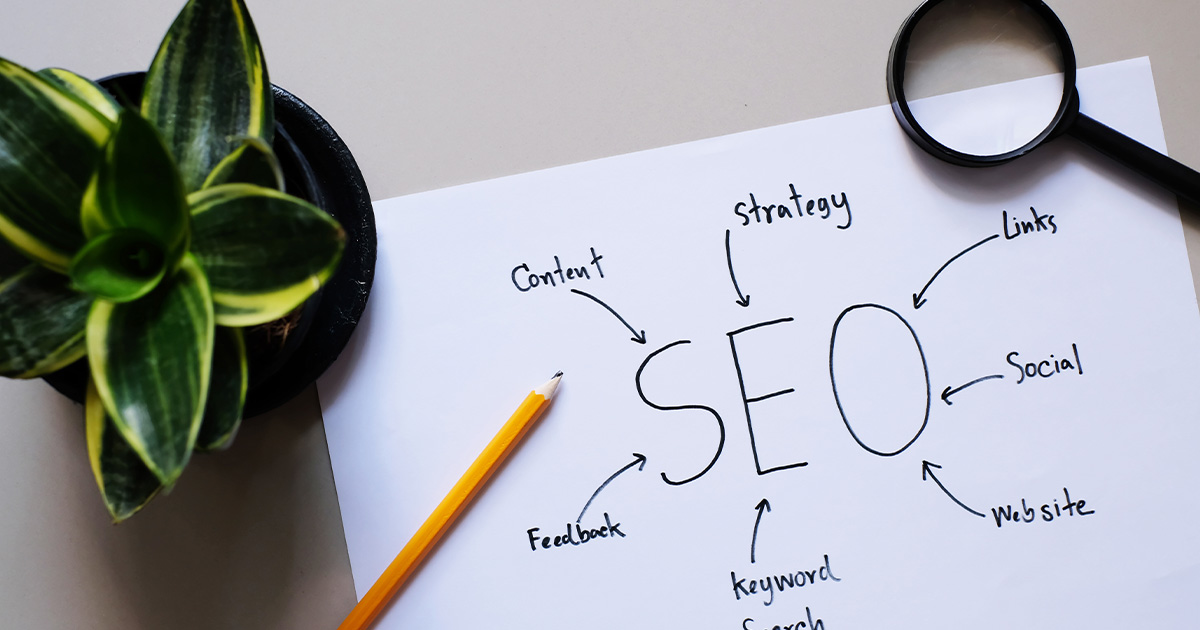
SEO 101: Getting Started
You may have heard the term "SEO" being thrown around in relation to marketing. But perhaps you're unsure on exactly what it is or how important it is for your business. Keep reading as we explore the basics and what you need to know to get started in understanding the world of SEO.
WHAT IS SEO?
Moz defines SEO, or Search Engine Optimization, as the practice of increasing the quantity and quality of traffic to a website through organic search engine results. Basically, the goal of SEO is to please search engine algorithms so your content and website gets a higher placement in search rankings, and in turn, in front of more eyes.
So, for example, when a traveler searches something like "Florida vacation," your website's content on that subject can stand a chance at being one of the first things they see.
WHY SEO IS IMPORTANT.
To stay relevant and competitive, it's vital to understand SEO and how it can work to your advantage. According to research from BrightEdge and Sparktoro, 68% of online experiences begin with a search engine, while 93% of global traffic comes from Google search, Google Images and Google Maps.
It's important to note, however, that SEO isn't a one-and-done fix; it's an ongoing process you should always be focusing on. Keep in mind that (according to HubSpot) Google cares heavily about E-A-T: Expertise, Authoritativeness, and Trustworthiness. Ensuring your content has those three things already gives you a leg up.
SEO is also a cost-effective option, considering it doesn't mean spending money on boosting a post or otherwise (though it certainly doesn't eliminate the need for advertising all together).
HOW TO ENGAGE SEO ON YOUR SITE.
Conduct a keyword search focusing on the topics your customers are interested in learning more about. Get specific but understand, however, that getting too specific can actually limit your reach.
INSTEAD OF: "Best place to visit for a Florida vacation"
SIMPLY TRY: "Florida Vacation"
There are a variety of tools to conduct keyword searches to yield the words you should incorporate into your website and content. Some of these tools can cost money, while others can be more affordable or even free. A few popular suggestions include: Google Keyword Planner (if you have a Google Ads account), Moz Keyword Explorer, and Answer the Public.
REMEMBER:
Undertaking an SEO strategy isn't a short-term tactic, but instead a long-term strategy you should be patient with, as seeing results can take weeks or even months. Don't get discouraged if your efforts don't seem to be paying off right away!
And while SEO can get pretty in depth, the above information should serve as a good primer to get you started on the road to understanding and using SEO effectively in your own content.
Written by Sarah Suydam, Managing Editor for Groups Today.



